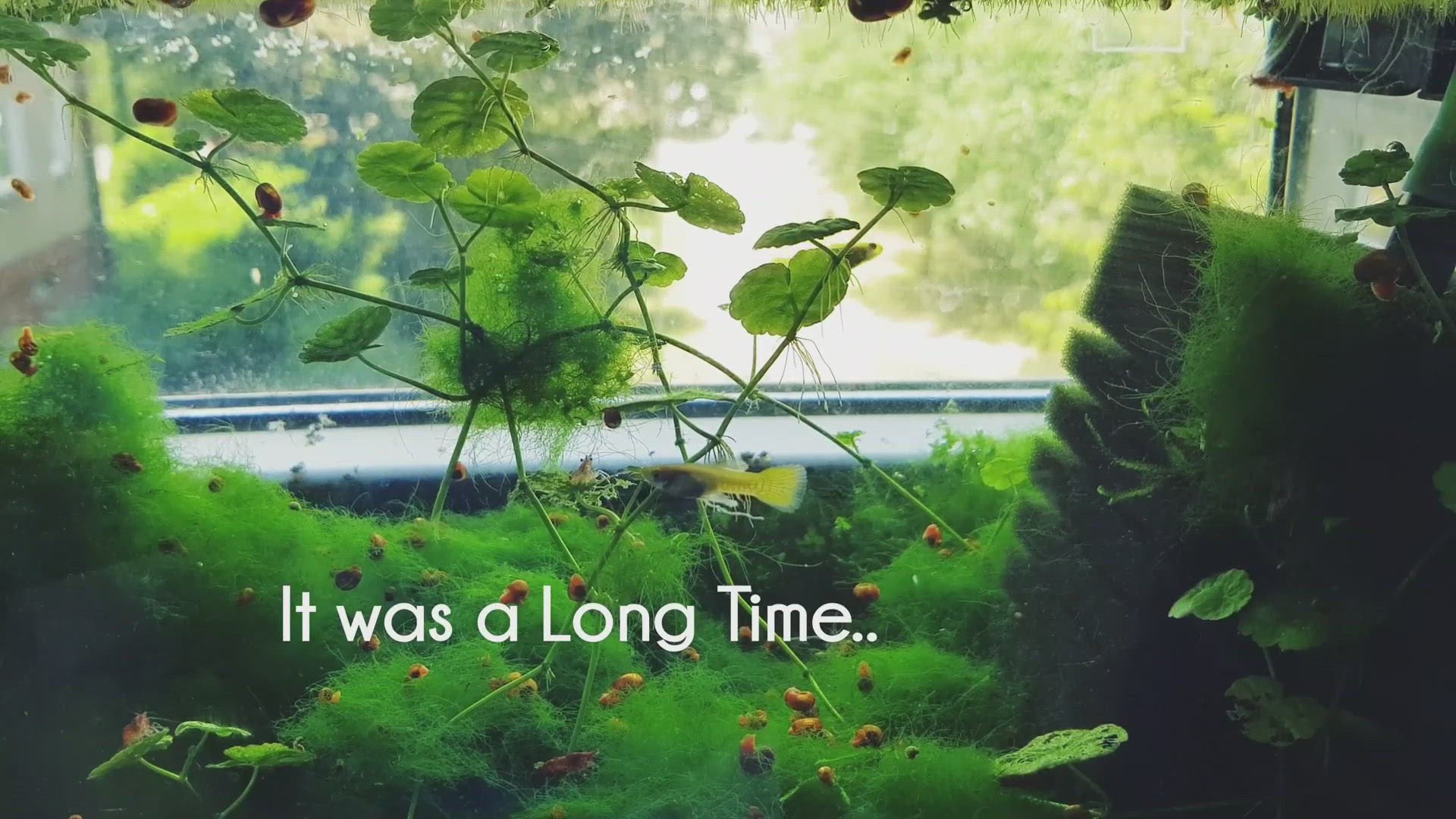
Nano Planted tank
15K views · Oct 20, 2020 plantednanotanks.com
Aquatic plants also help keep water conditions optimal. Plants shelter shy Bettas from more aggressive tankmates. They provide shade, helping to reduce algae growth. Plants also help to condition the tank water by removing carbon dioxide, sulfur substances, and nitrogenous wastes. The biological filter converts ammonia into less-harmful nitrate, which the plants, in turn, use for food.
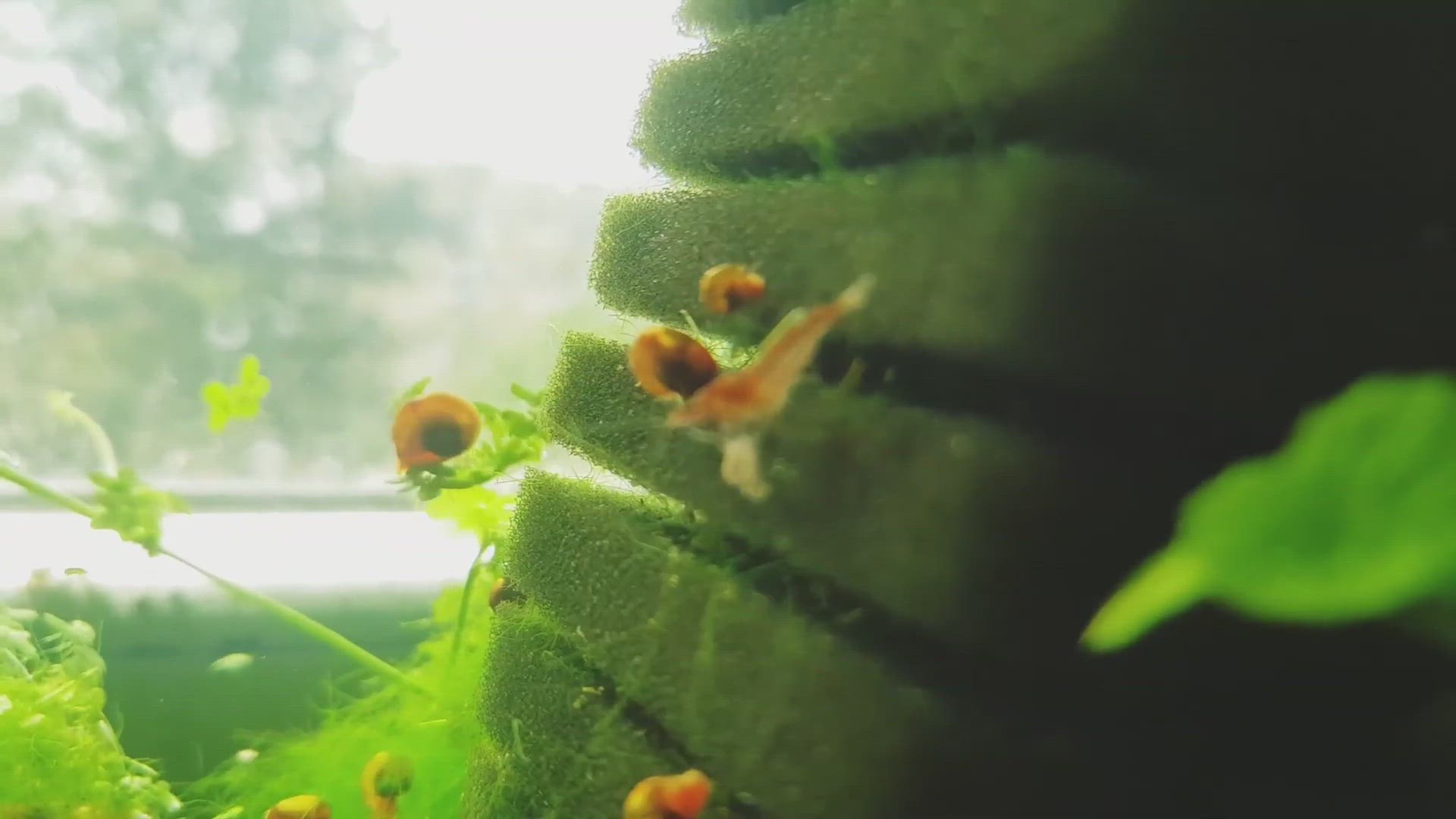
Nano Planted tank
4K views · Oct 20, 2020 plantednanotanks.com
Aquatic plants also help keep water conditions optimal. Plants shelter shy Bettas from more aggressive tankmates. They provide shade, helping to reduce algae growth. Plants also help to condition the tank water by removing carbon dioxide, sulfur substances, and nitrogenous wastes. The biological filter converts ammonia into less-harmful nitrate, which the plants, in turn, use for food.
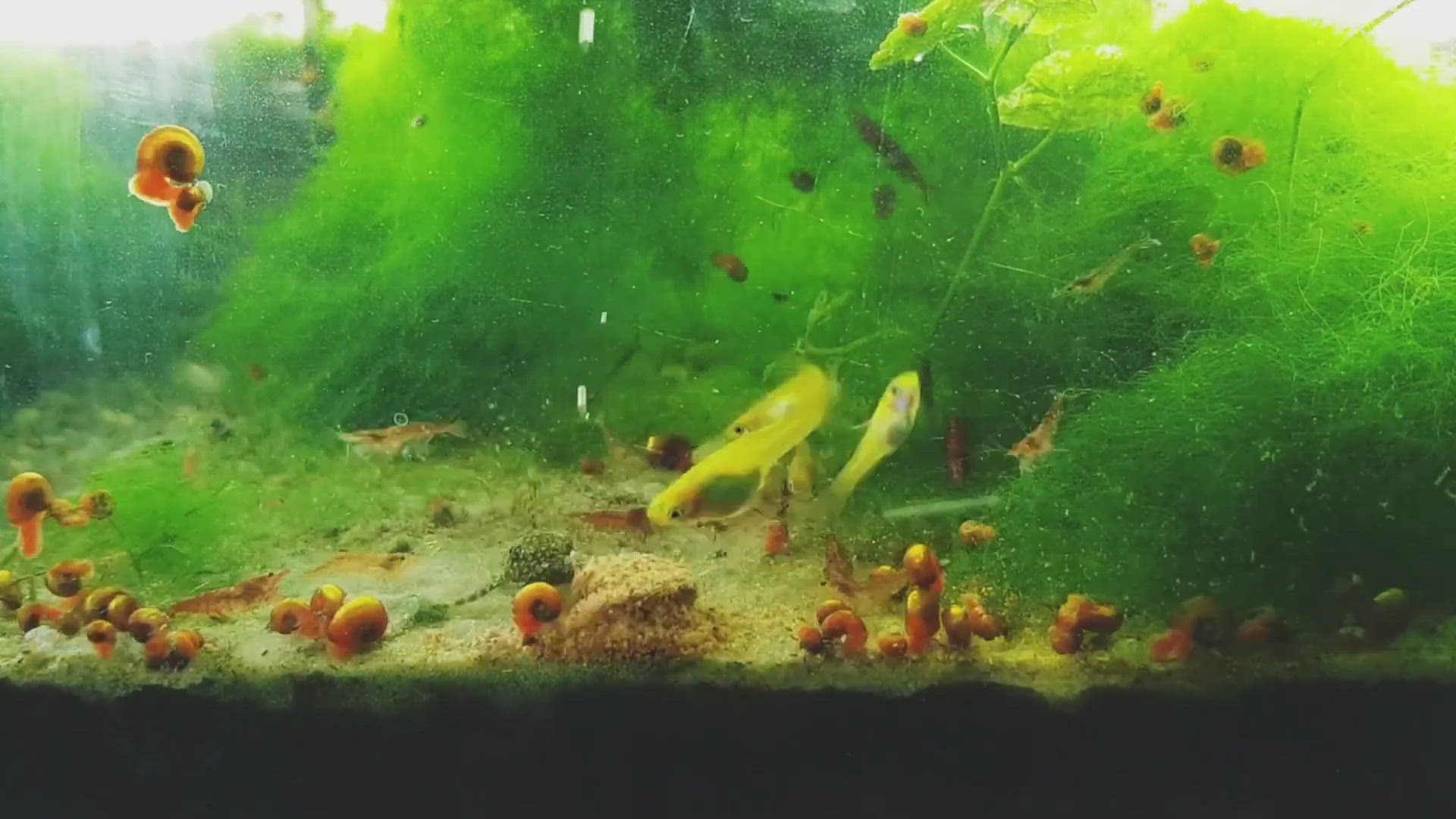
Nano Planted tank
3K views · Oct 20, 2020 plantednanotanks.com
Aquatic plants also help keep water conditions optimal. Plants shelter shy Bettas from more aggressive tankmates. They provide shade, helping to reduce algae growth. Plants also help to condition the tank water by removing carbon dioxide, sulfur substances, and nitrogenous wastes. The biological filter converts ammonia into less-harmful nitrate, which the plants, in turn, use for food.
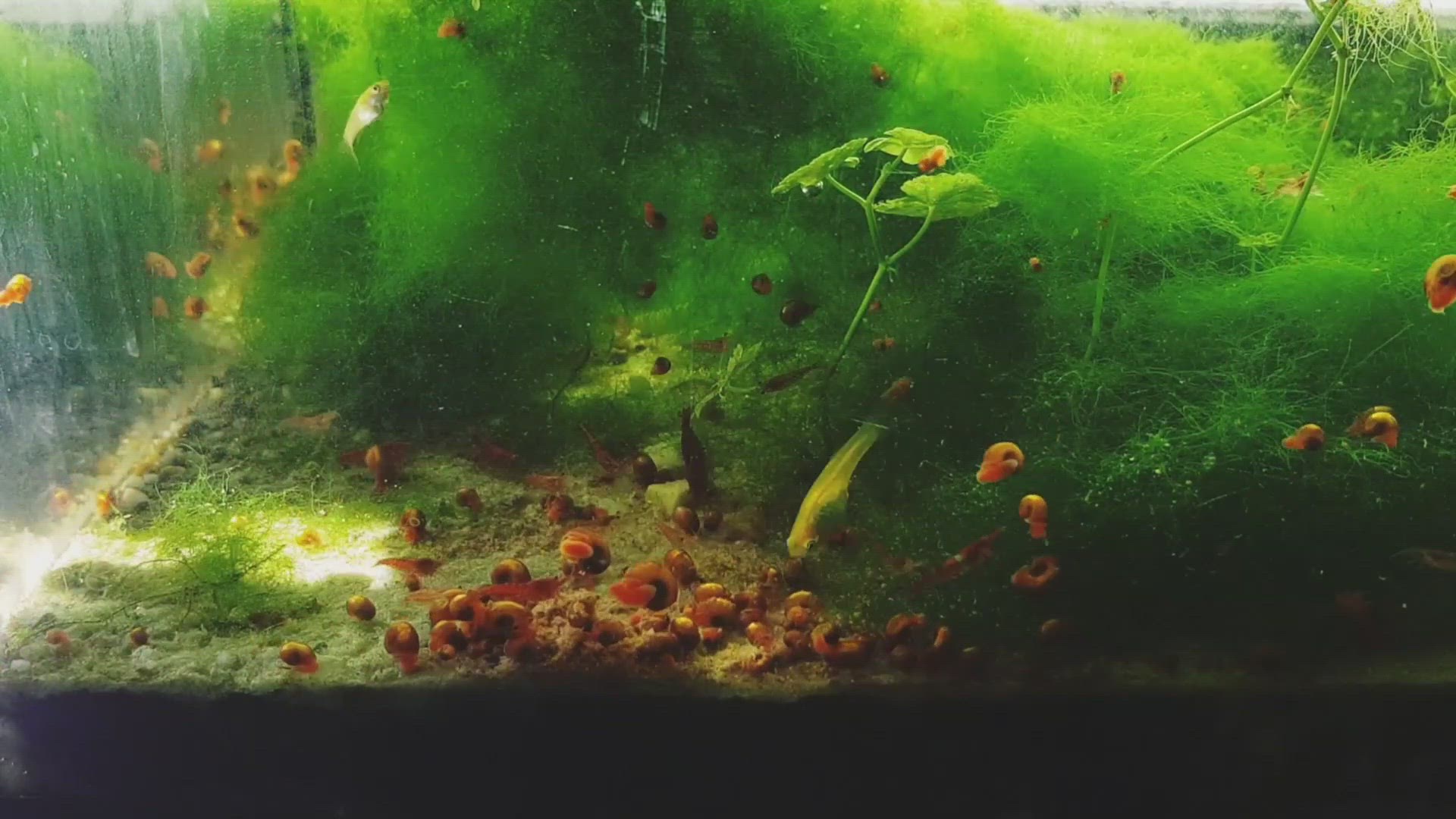
Nano Planted tank
1K views · Oct 20, 2020 plantednanotanks.com
Aquatic plants also help keep water conditions optimal. Plants shelter shy Bettas from more aggressive tankmates. They provide shade, helping to reduce algae growth. Plants also help to condition the tank water by removing carbon dioxide, sulfur substances, and nitrogenous wastes. The biological filter converts ammonia into less-harmful nitrate, which the plants, in turn, use for food.
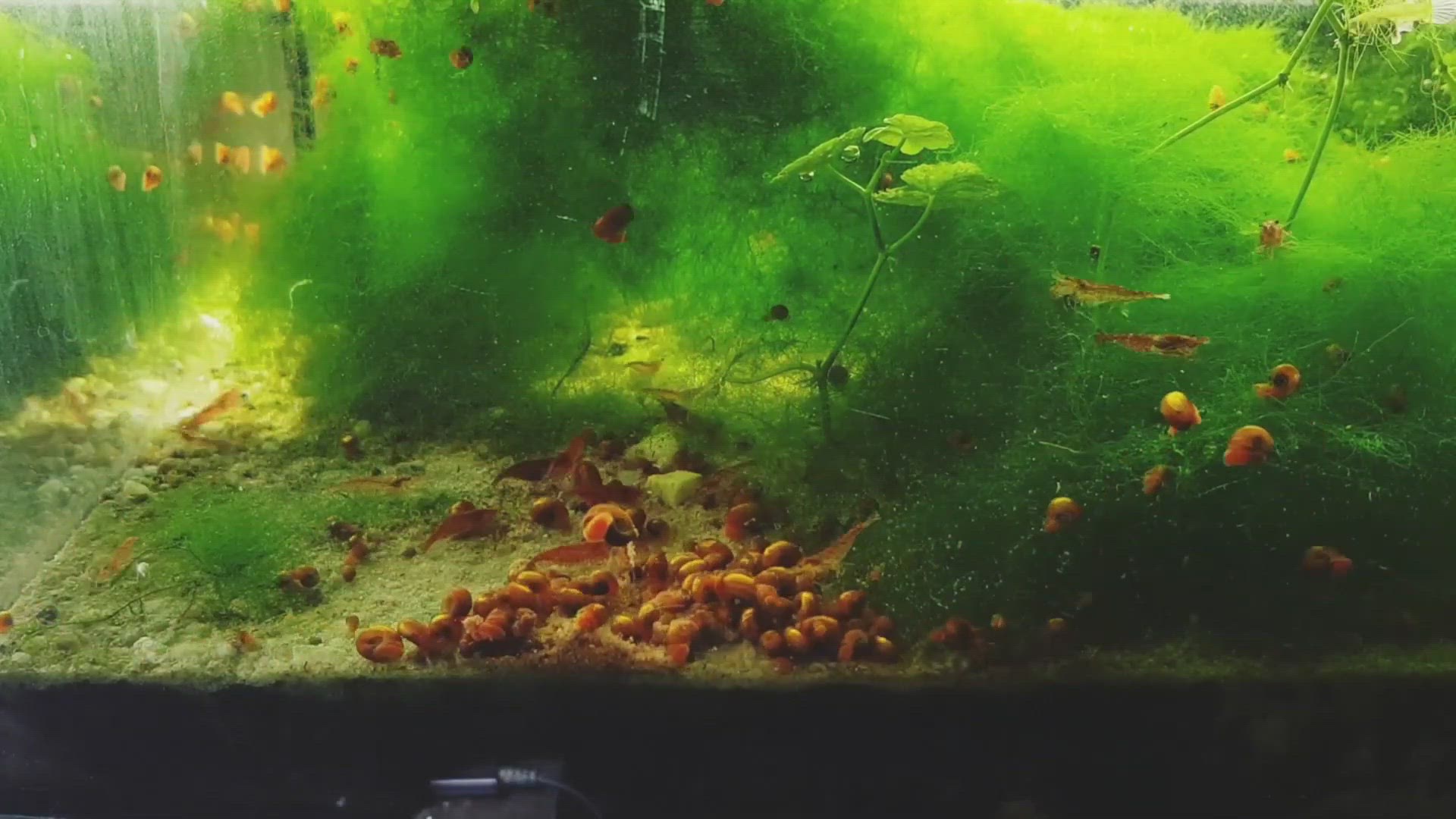
Nano Planted tank
1K views · Oct 20, 2020 plantednanotanks.com
Aquatic plants also help keep water conditions optimal. Plants shelter shy Bettas from more aggressive tankmates. They provide shade, helping to reduce algae growth. Plants also help to condition the tank water by removing carbon dioxide, sulfur substances, and nitrogenous wastes. The biological filter converts ammonia into less-harmful nitrate, which the plants, in turn, use for food.
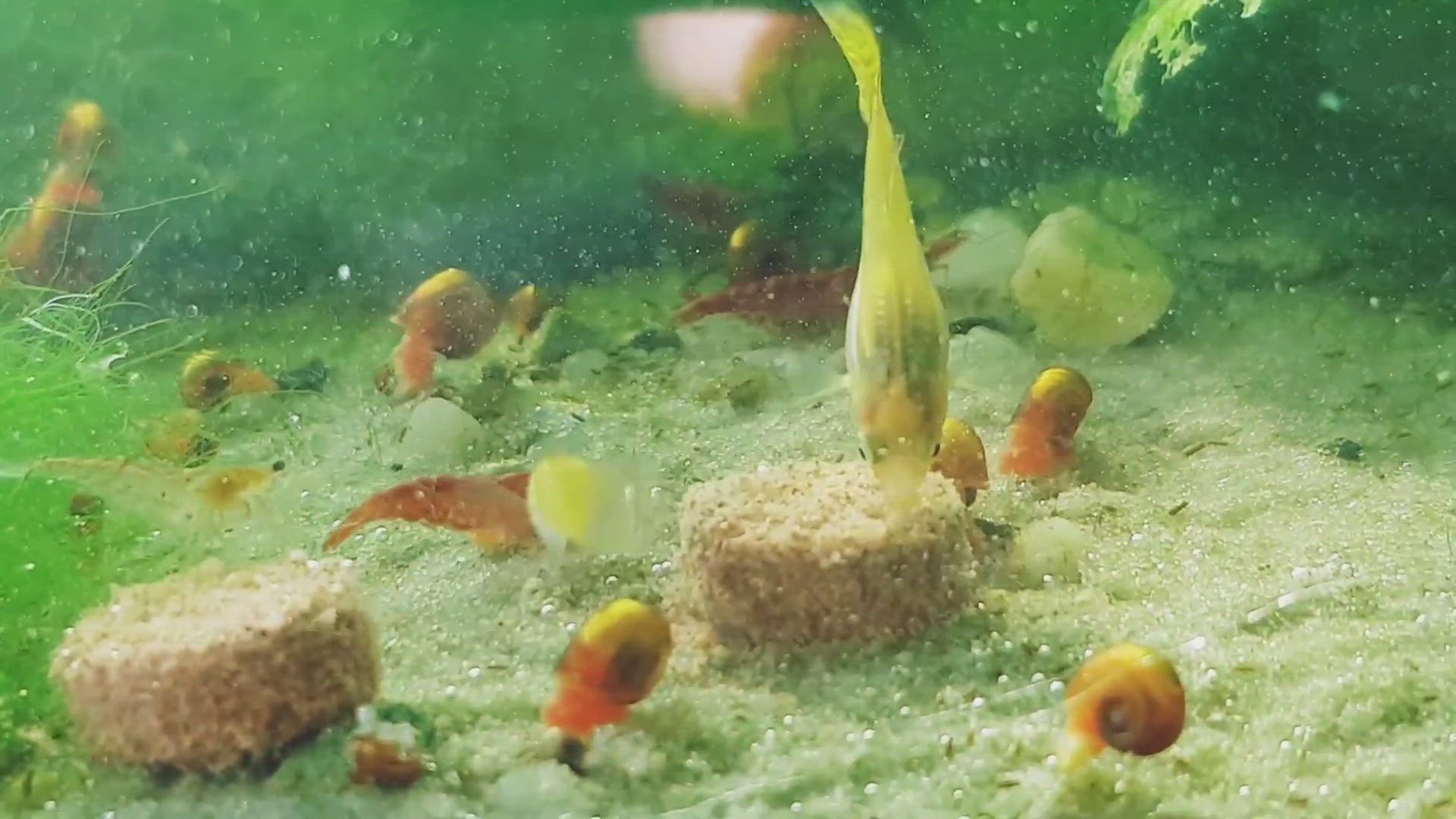
Nano Planted tank
1K views · Oct 20, 2020 plantednanotanks.com
Aquatic plants also help keep water conditions optimal. Plants shelter shy Bettas from more aggressive tankmates. They provide shade, helping to reduce algae growth. Plants also help to condition the tank water by removing carbon dioxide, sulfur substances, and nitrogenous wastes. The biological filter converts ammonia into less-harmful nitrate, which the plants, in turn, use for food.
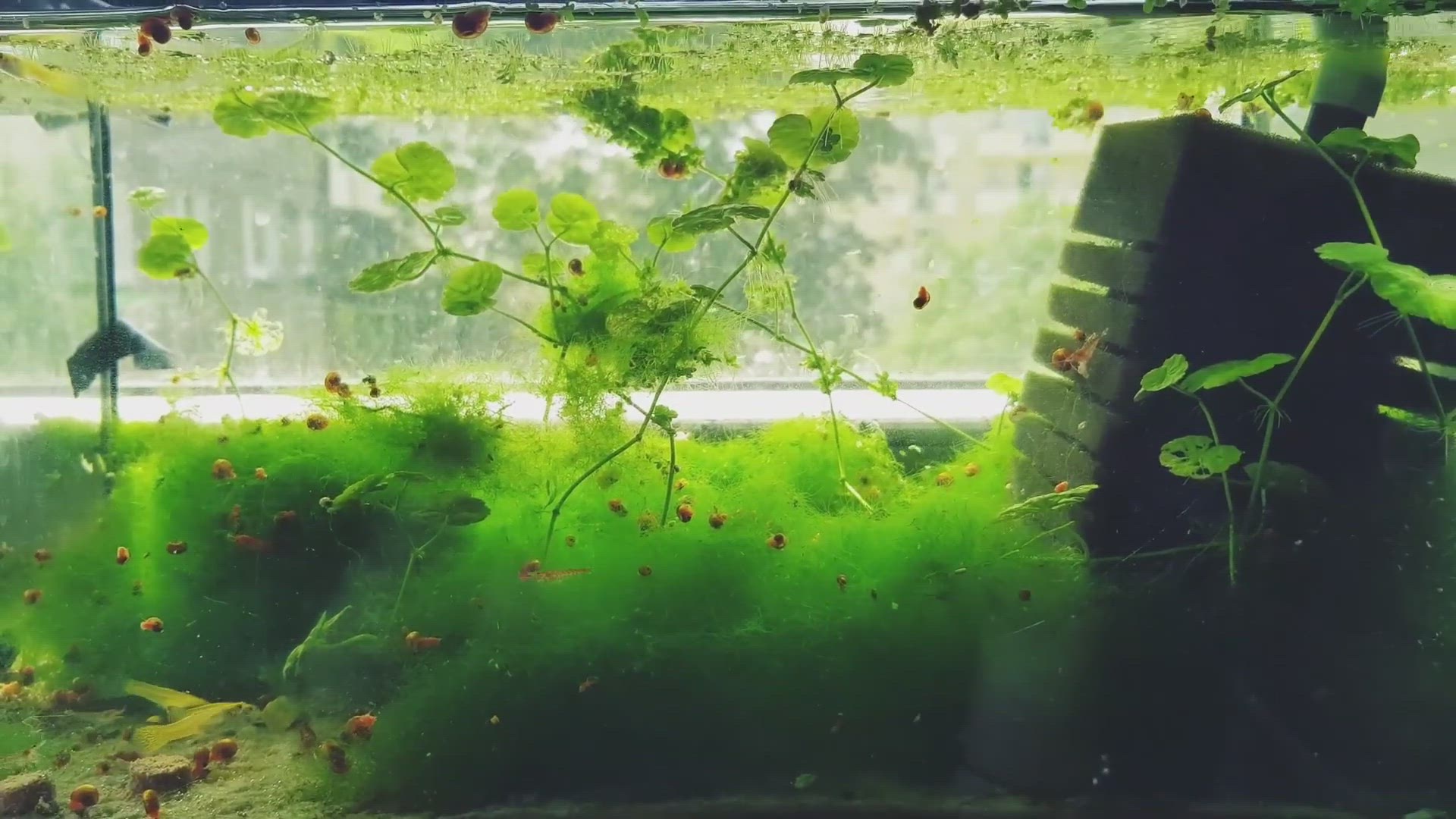
Nano Planted tank
1K views · Oct 20, 2020 plantednanotanks.com
Aquatic plants also help keep water conditions optimal. Plants shelter shy Bettas from more aggressive tankmates. They provide shade, helping to reduce algae growth. Plants also help to condition the tank water by removing carbon dioxide, sulfur substances, and nitrogenous wastes. The biological filter converts ammonia into less-harmful nitrate, which the plants, in turn, use for food.
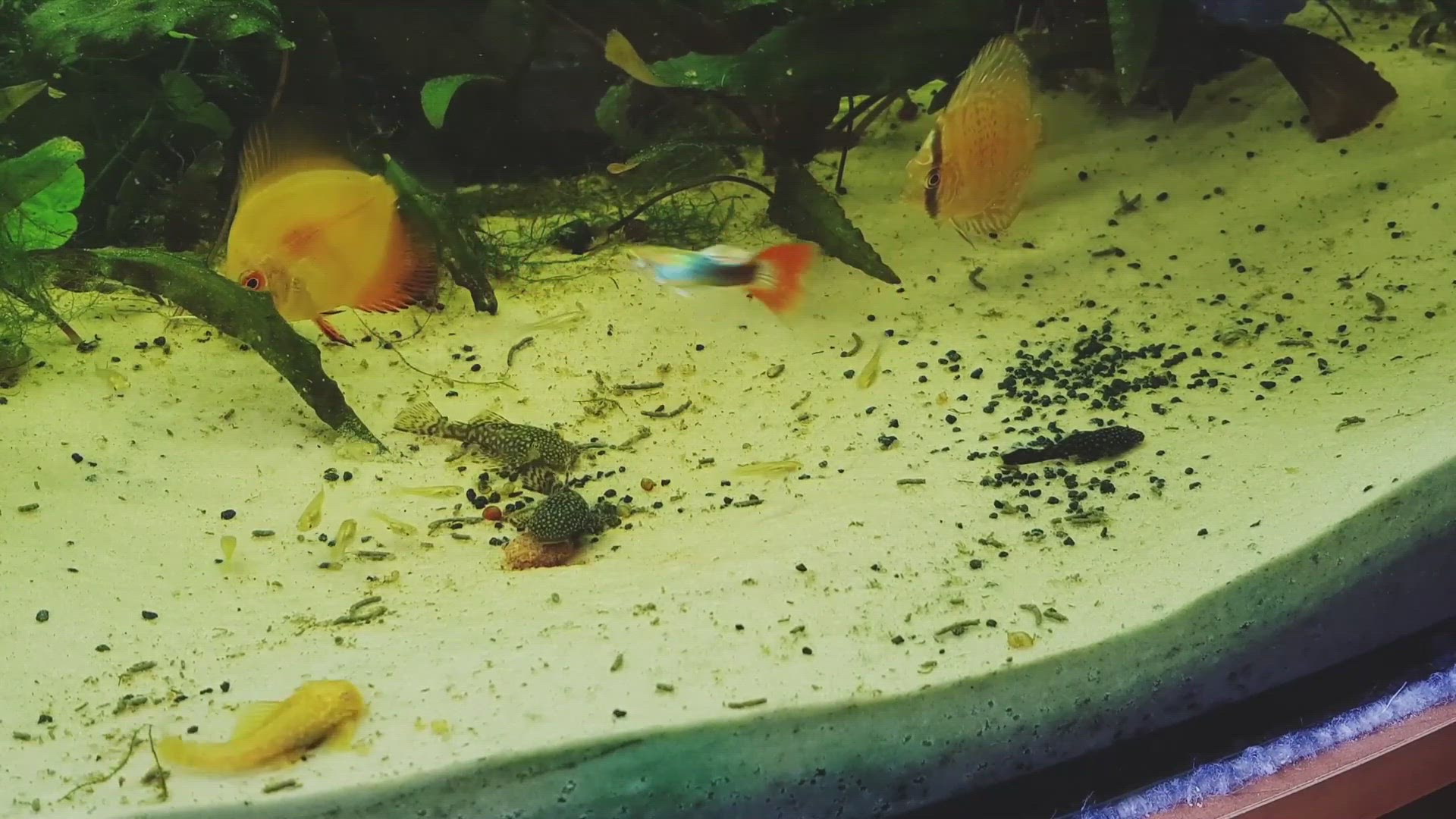
Nano Planted tank
1K views · Oct 20, 2020 plantednanotanks.com
Aquatic plants also help keep water conditions optimal. Plants shelter shy Bettas from more aggressive tankmates. They provide shade, helping to reduce algae growth. Plants also help to condition the tank water by removing carbon dioxide, sulfur substances, and nitrogenous wastes. The biological filter converts ammonia into less-harmful nitrate, which the plants, in turn, use for food.
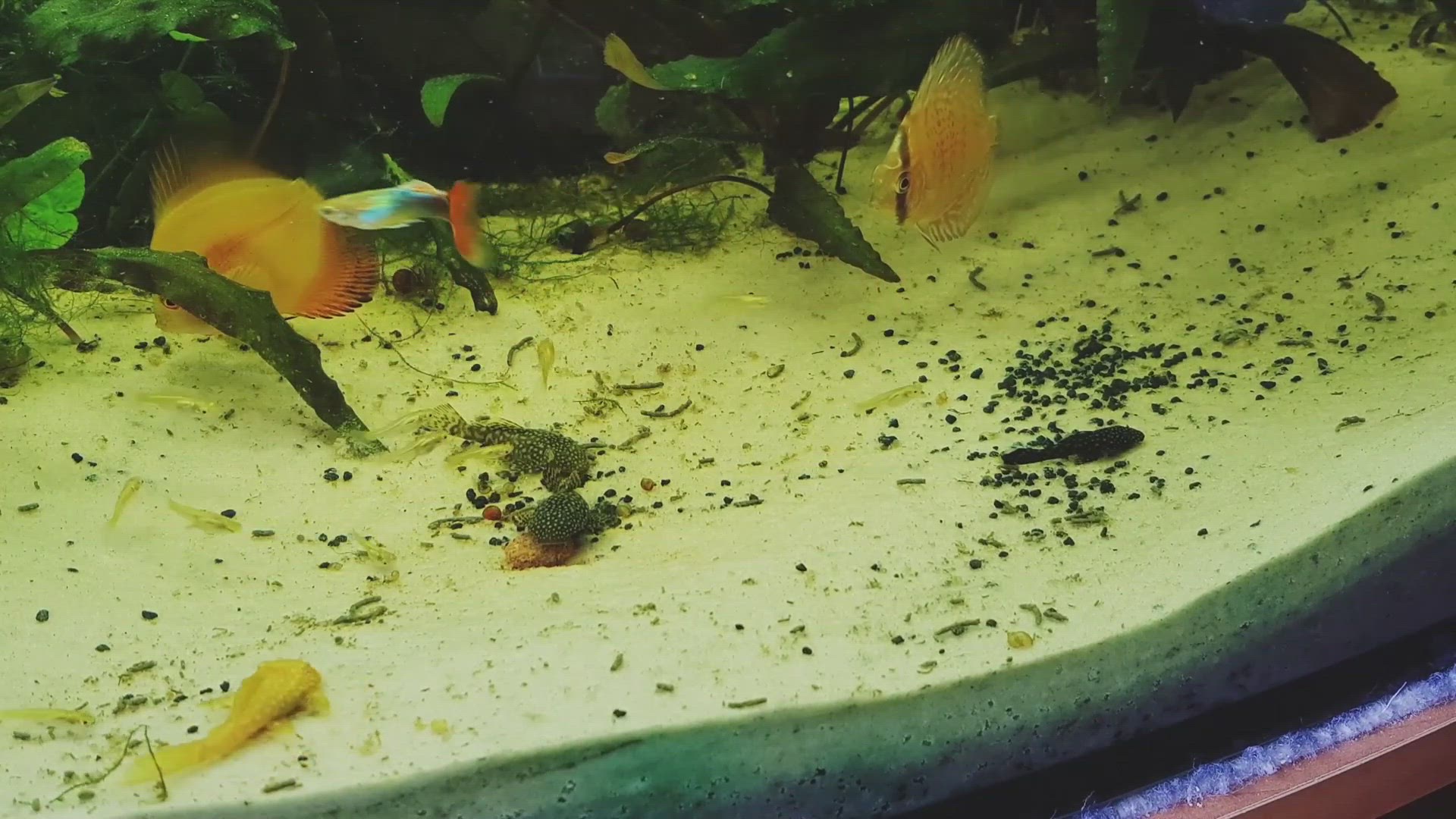
Nano Planted tank
1K views · Oct 20, 2020 plantednanotanks.com
Aquatic plants also help keep water conditions optimal. Plants shelter shy Bettas from more aggressive tankmates. They provide shade, helping to reduce algae growth. Plants also help to condition the tank water by removing carbon dioxide, sulfur substances, and nitrogenous wastes. The biological filter converts ammonia into less-harmful nitrate, which the plants, in turn, use for food.